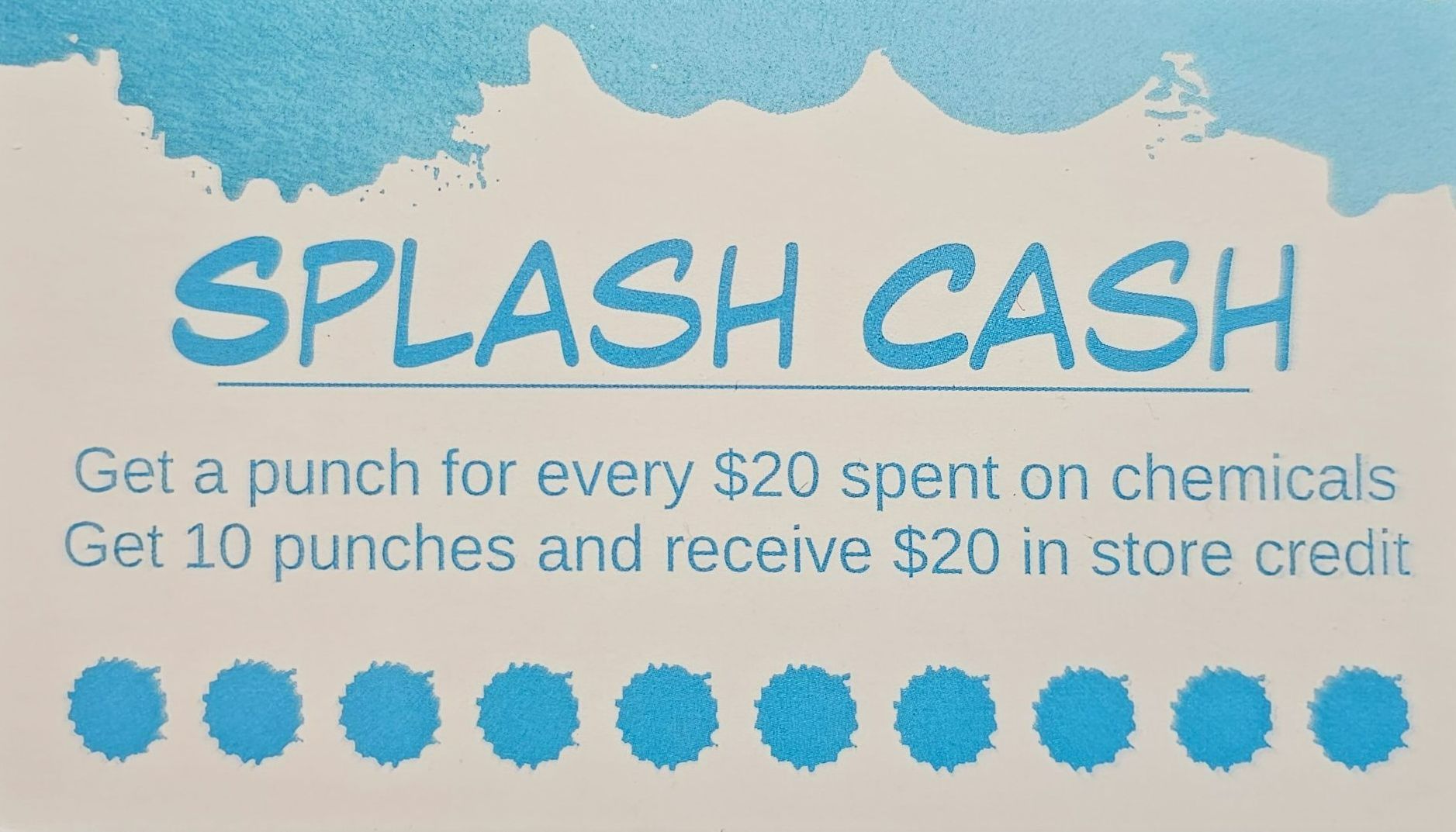FAQs
Have a question? We have the answer. Check out these FAQs!
Swimming Pool FAQ
Aboveground Liner FAQs
1. What types of above-ground pool liners are available?
Above-ground pool liners come in three primary types:
- Overlap Liners: These liners drape over the pool wall and are secured with coping strips. They are versatile and fit various pool shapes and sizes.
- Beaded Liners: Designed with a groove (bead) that fits into a track around the top of the pool wall, allowing for easy installation and replacement.
- Unibead (J-Hook) Liners: Featuring a J-shaped hook that hangs directly on the top of the pool wall, combining the benefits of overlap and beaded liners.
2. How do I know when it's time to replace my pool liner?
Signs that indicate it's time to replace your pool liner include:
- Visible Cracks or Tears: These can lead to leaks and water loss.
- Fading or Discoloration: Prolonged exposure to UV rays and chemicals can cause the liner to fade, indicating material degradation.
- Wrinkles or Stretching: This suggests the liner is losing elasticity and may not fit properly.
- Leaks: Unexplained water loss could be due to liner damage.
3. What are the benefits of choosing a Swimline pool liner?
Swimline pool liners offer several advantages:
- Durability: Made from heavy-duty, 100% virgin vinyl, they provide excellent cold crack resistance, ideal for withstanding harsh winters.
- Protection: Treated with Lamiclear™, a protective coating that guards against chemicals and UV fading, ensuring longevity.
- Variety: Available in multiple patterns and thicknesses, including 20-gauge and 25-gauge options, to suit different aesthetic preferences and pool specifications.
4. Can I install a new pool liner myself, or should I hire a professional?
While some homeowners opt for DIY installation, hiring a professional ensures:
- Proper Fit: Professionals have the expertise to install the liner without wrinkles or misalignment.
- Time Efficiency: Experienced installers can complete the job more quickly, allowing you to enjoy your pool sooner.
- Warranty Protection: Professional installation may be required to maintain certain warranty conditions.
5. How long do above-ground pool liners typically last?
The lifespan of a pool liner depends on factors like material quality, maintenance, and environmental conditions. On average:
- Standard Vinyl Liners: Last between 6 to 10 years.
- Premium Liners: Such as those offered by Swimline, can last longer with proper care.
6. What maintenance is required to extend the life of my pool liner?
To prolong your liner's lifespan:
- Maintain Balanced Water Chemistry: Proper pH and chemical levels prevent liner deterioration.
- Regular Cleaning: Remove debris promptly to prevent stains and abrasions.
- Use Pool Covers: Protects the liner from UV rays and external elements when the pool is not in use.
- Inspect for Damage: Regularly check for signs of wear and address issues promptly.
7. How do I choose the right liner pattern and thickness for my pool?
Consider the following when selecting a liner:
- Aesthetic Appeal: Choose a pattern that complements your outdoor space.
- Thickness: Thicker liners (measured in mils or gauge) offer enhanced durability. For pools with heavy usage or in areas with extreme weather, a thicker liner may be beneficial.
- Pool Specifications: Ensure the liner matches your pool's dimensions and wall height.
8. What should I expect during the liner installation process?
The installation process generally involves:
- Draining the Pool: Removing existing water safely.
- Removing the Old Liner: Detaching and disposing of the worn liner.
- Surface Preparation: Cleaning and smoothing the pool floor and walls.
- Installing the New Liner: Positioning and securing the new liner properly.
- Refilling the Pool: Adding water and balancing chemicals.
Professional installers will handle each step to ensure optimal results.
9. How can I prevent wrinkles in my new pool liner?
To minimize the risk of wrinkles:
- Proper Installation: Ensuring the liner is correctly aligned and taut during installation.
- Smooth Base: Having a clean and even pool floor before installation.
- Controlled Filling: Filling the pool slowly while smoothing out any developing wrinkles.
10. Do Swimline pool liners come with a warranty?
Yes, Swimline offers warranties on their pool liners, with coverage varying based on the specific product. It's essential to review the warranty details for your chosen liner model.
For personalized assistance or additional questions, feel free to contact JTS Pools. Our team is dedicated to helping you select and maintain the perfect pool liner for your above-ground pool.


Share On: